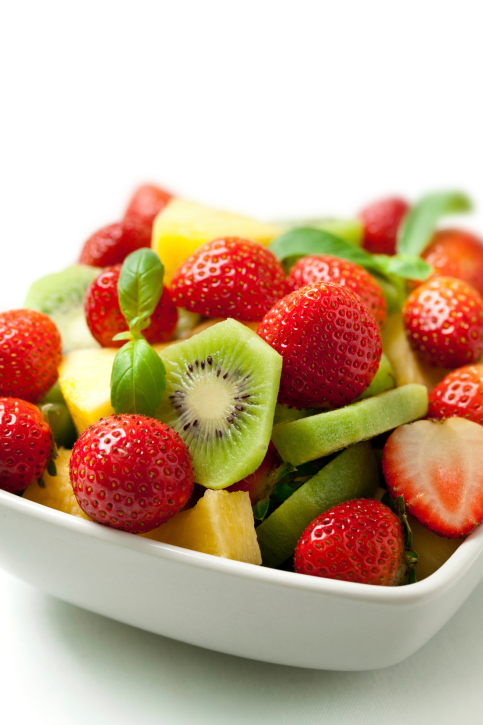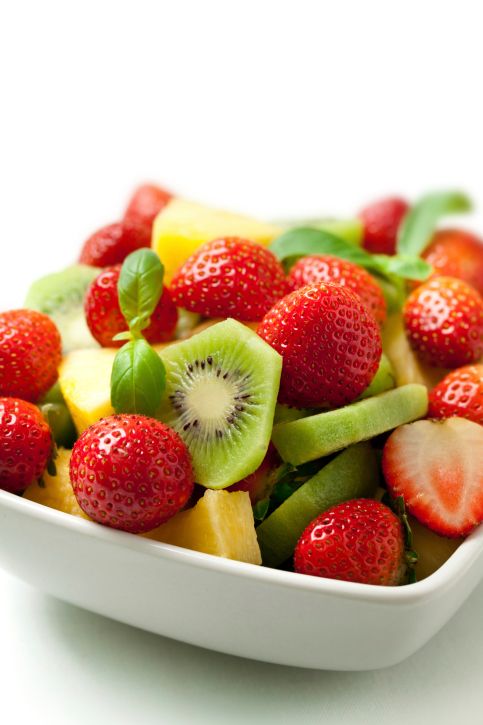An overall healthy diet, such as the DASH diet or the dietary pattern found in Mediterranean countries, may lower your risk of stroke, according to a new review of the scientific evidence. But the analysis found only limited evidence to support stroke-fighting benefits of individual nutrients or foods.

Writing in The Lancet Neurology, Graeme Hankey, MD, of Royal Perth Hospital in Australia, concluded, The overall quality of an individuals diet and balance between energy intake and expenditure seem to be more important determinants of stroke risk than individual nutrients and foods.
The review looked at the evidence for stroke prevention associated with specific vitamins, nutrients and certain foods:
- Too much vitamin A, E or calcium may actually increase stroke risk, while research has failed to prove vitamin C reduces risk.
- Deficiencies of B vitamins, especially folate, may be linked with greater stroke risk, but extra vitamins beyond whats needed to correct deficiency may not help much.
- Similarly, low vitamin D levels are associated with greater risk of stroke as well as cardiovascular disease and high blood pressure. Trials in progress, Dr. Hankey noted, are testing the possible benefit of vitamin D supplementation to prevent stroke.
- Sodium does seem to boost risk by increasing blood pressure; observational studies have linked high salt intake to a 23% greater risk of stroke.
- On the other hand, higher potassium intake may diminish stroke risk, likely through effects on blood pressure. Studies have shown that people with the highest potassium consumption are about 20% less likely to suffer a stroke. (See our March 2012 Special Report on potassium.)
- Consumption of fat per se does not seem linked to stroke risk, except to the extent that foods high in fat also tend to contain more calories, contributing to obesity.
- Trials in progress are examining the effects of marine omega-3 fatty acid supplementation on incidence of stroke.
Specific foods that may help reduce your stroke risk include dark chocolate, coffee, tea, fish and fruit, while red meat might increase risk. Sugar-sweetened drinks, Dr. Hankey added, have been linked to stroke-related risk factors such as obesity and metabolic syndrome.
Alice H. Lichtenstein, DSc, director of Tufts HNRCA Cardiovascular Nutrition Laboratory, comments, Given the limited amount of evidence, we cant say, Eating this or that will decrease your risk of stroke. The best advice continues to be to eat a nutrient-rich diet that balances calorie intake with energy expenditure, and limit salt intake if you have been told your blood pressure is elevated.
TO LEARN MORE: Lancet Neurology, January 2012; abstract at dx.doi.org/10.1016/S1474-4422(11)70265-4. DASH eating plan www.nhlbi.nih.gov/health/public/heart/hbp/dash/new_dash.pdf. What You Can Do to Prevent a Stroke, Tufts Health & Nutrition Letter Special Supplement, August 2010.





















